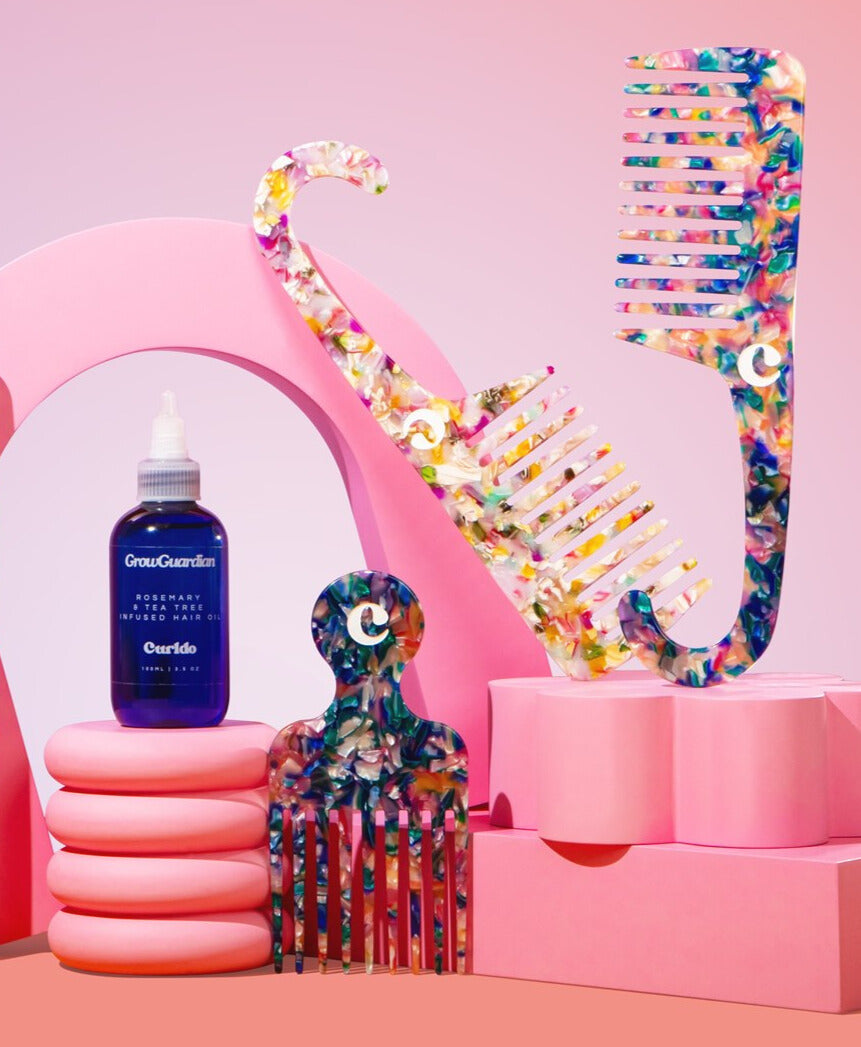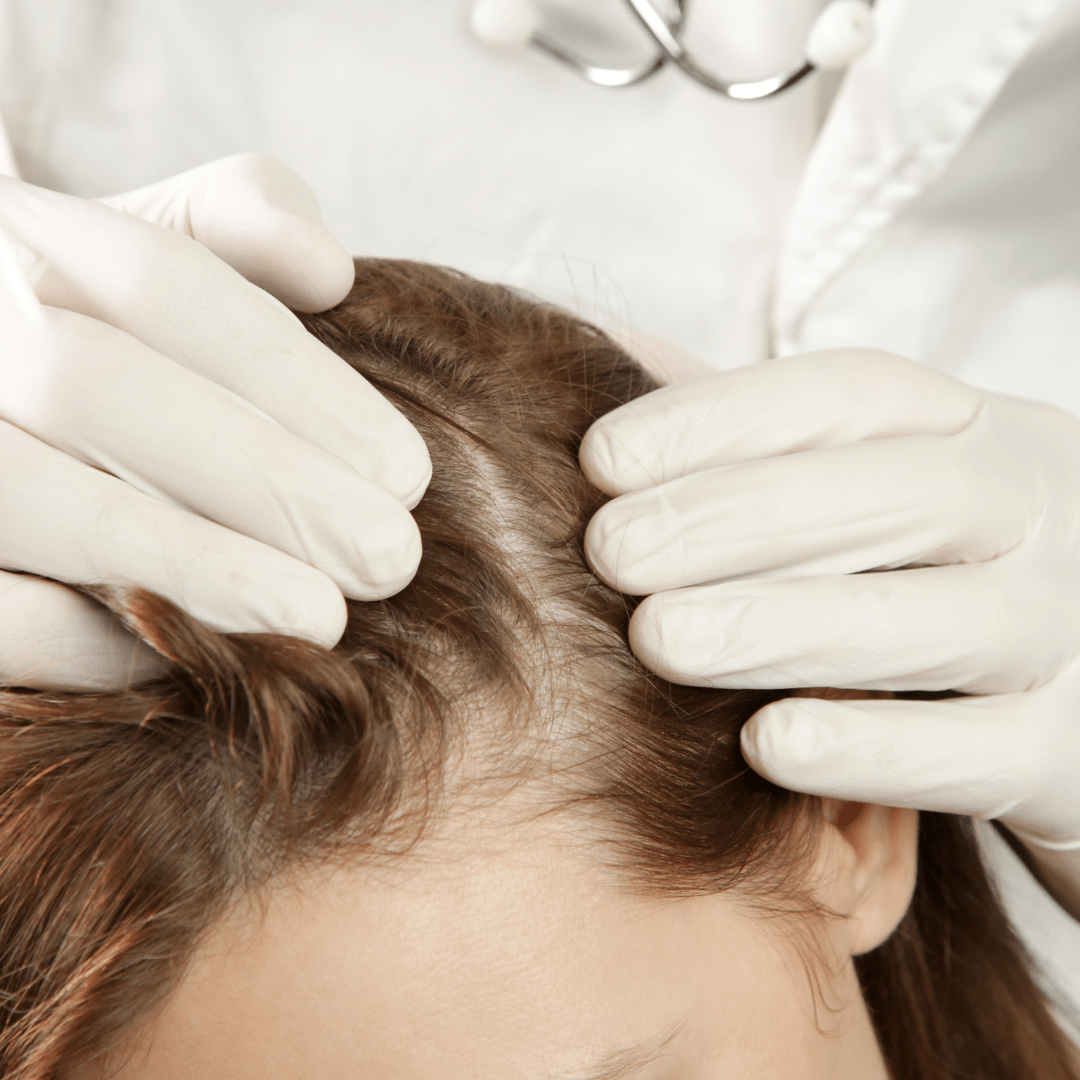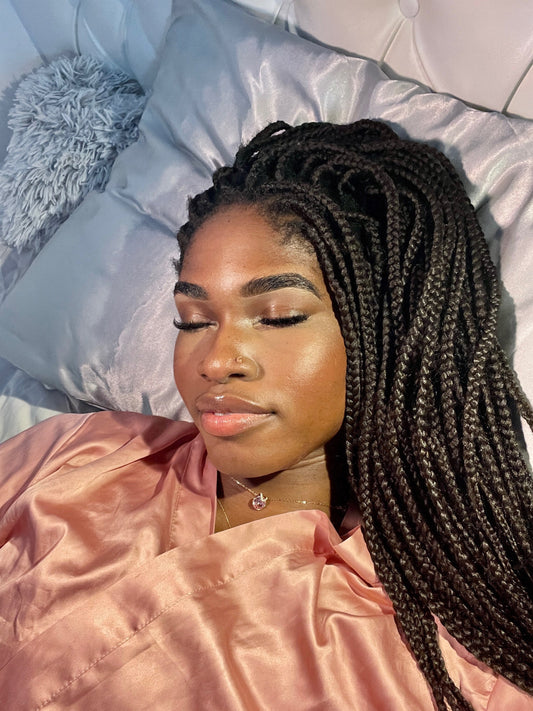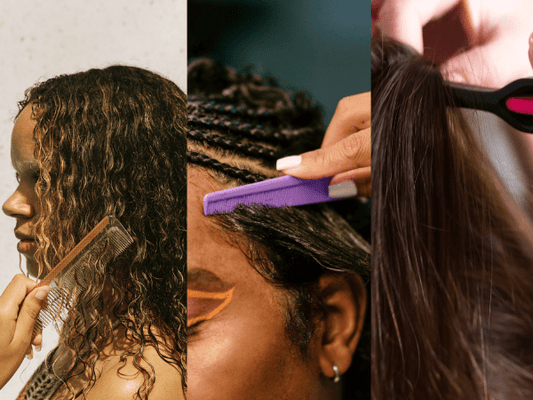Understanding the Causes of a Flaky Scalp
Several factors can contribute to a flaky scalp, ranging from relatively benign to more serious conditions that require medical attention.
1. Dandruff: The most common cause of a flaky scalp, dandruff is often due to an overgrowth of a yeast-like fungus called Malassezia. It leads to excess skin cell shedding and can be exacerbated by stress, hormonal changes, or improper hair care.
2. Seborrheic Dermatitis: A more severe form of dandruff, seborrheic dermatitis causes oily, red, and scaly patches on the scalp. It can also affect other oily areas of the body.
3. Dry Skin: Simple dry skin can lead to a flaky scalp, especially in cold, dry weather. Unlike dandruff, the flakes are usually smaller and less oily.
4. Psoriasis: This autoimmune condition can cause thick, scaly plaques to form on the scalp, leading to flakiness, redness, and itching.
5. Contact Dermatitis: Sensitivity to certain hair care products or ingredients can trigger an allergic reaction, resulting in an itchy, flaky scalp.
Cures for a Flaky Scalp
Effective treatment for a flaky scalp depends on accurately identifying the underlying cause. Here are remedies tailored to various conditions:
1. Anti-Dandruff Shampoos
For mild dandruff, over-the-counter anti-dandruff shampoos can be highly effective. Look for products containing active ingredients like ketoconazole, selenium sulfide, zinc pyrithione, or coal tar. It may be necessary to rotate products if you notice decreased effectiveness over time.
2. Scalp Treatments for Seborrheic Dermatitis
Seborrheic dermatitis may require stronger medicated shampoos or prescription treatments. Topical steroids or antifungal creams prescribed by a dermatologist can help control the condition. Regular washing with gentle, non-irritating products is also crucial.
3. Moisturizing for Dry Scalp
If dry skin is the culprit, focus on hydrating the scalp. Use a gentle, hydrating shampoo and consider applying a light, natural oil (like jojoba or coconut oil) to your scalp before shampooing. Limiting the use of heat styling tools and avoiding harsh chemical treatments can also prevent dryness.
4. Psoriasis Treatments
Scalp psoriasis requires targeted treatments to reduce plaque buildup and inflammation. Options include medicated shampoos, topical corticosteroids, vitamin D analogues, or coal tar. Light therapy and oral medications are other avenues for more severe cases, under medical supervision.
5. Avoiding Irritants for Contact Dermatitis
Identify and eliminate any hair care products that may be causing an allergic reaction. Switch to hypoallergenic or fragrance-free products and consider performing a patch test with new products to prevent further irritation.
General Tips for Managing a Flaky Scalp
1. Improve Your Diet
A diet rich in omega-3 fatty acids, zinc, and vitamins can support scalp health and reduce flakiness. Incorporate foods like salmon, walnuts, spinach, and sweet potatoes into your diet.
2. Manage Stress
Stress can trigger or worsen flaky scalp conditions like dandruff and psoriasis. Engage in stress-reduction activities such as exercise, meditation, or hobbies that relax you.
3. Regular Scalp Care
Adopt a regular scalp care routine that includes gentle cleansing, conditioning, and occasional exfoliation to remove buildup. Massaging the scalp can improve blood circulation, promoting healthier skin.
4. Stay Hydrated
Adequate hydration is essential for maintaining healthy skin and scalp. Ensure you're drinking enough water throughout the day to keep your skin moisturized from the inside out.
5. Consult a Dermatologist
If home remedies and over-the-counter treatments don't improve your flaky scalp, or if you suspect you have psoriasis, seborrheic dermatitis, or another medical condition, consult a dermatologist. They can provide a definitive diagnosis and recommend a tailored treatment plan.
Conclusion
A flaky scalp can be a distressing condition, but it's often treatable with the right approach. By understanding the underlying causes and implementing appropriate remedies, you can alleviate flakiness and restore your scalp to health. Whether it's adopting a specialized hair care routine, making dietary changes, or seeking medical advice, numerous solutions exist to combat a flaky scalp. Remember, a healthy scalp is the foundation for beautiful, vibrant hair, making scalp care an essential aspect of your overall hair wellness strategy.











